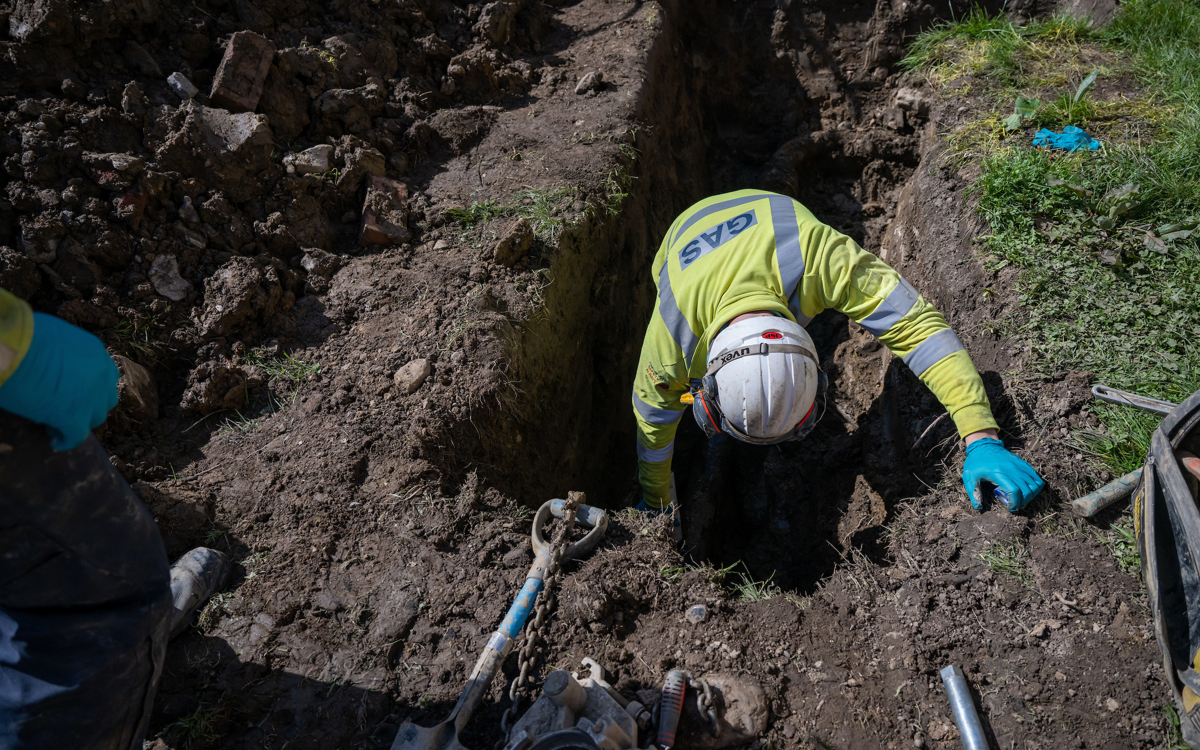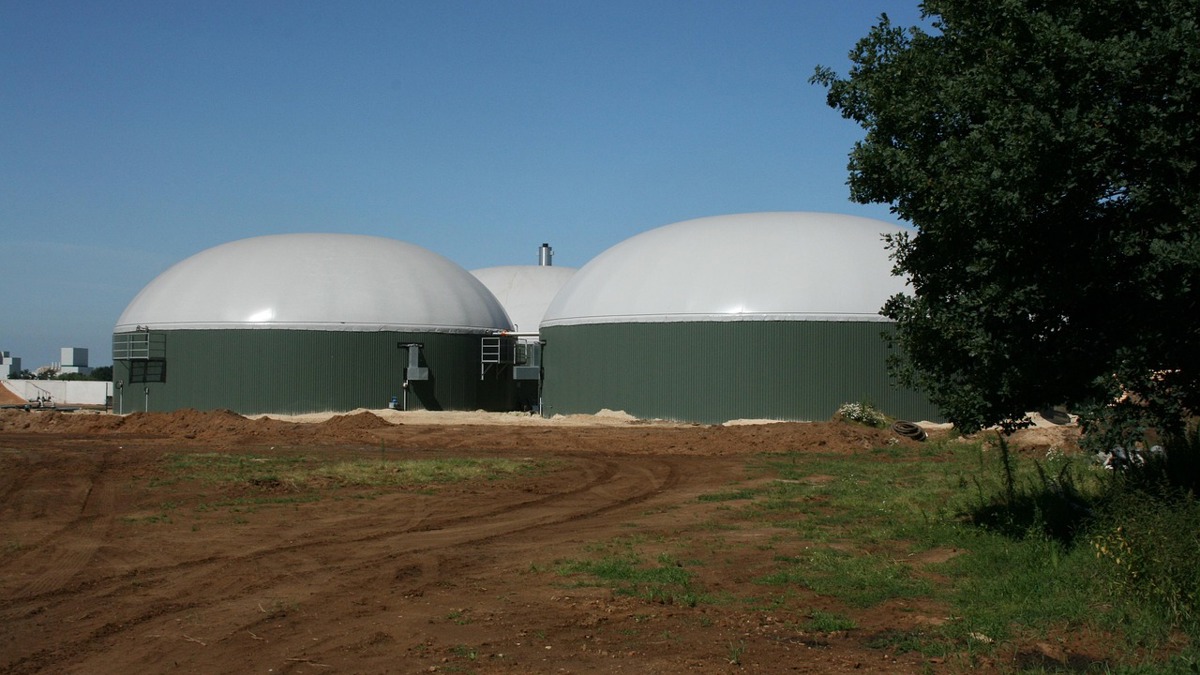
Future of Energy
Building a clean-energy future
Keeping the energy flowing. Keeping net zero in our sights.
The way we make, move and use energy is changing. Biomethane, hydrogen, wind and solar power are replacing fossil fuels like gas and coal, and homes and business are adopting new technologies. As your gas distribution network, we have committed to making changes to help our customers and the rest of the UK reach net zero emissions.
As well as distributing reliable energy every day, we’re investing and innovating to make net zero a reality, exploring how we can re-use our 35,000km of pipes for green gases like hydrogen and biomethane.
Energy is changing, and so are we.
Carbon neutral living has to happen. There’s no other option. We’re excited about our role in achieving this.
We’re creating a legacy of clean energy and green jobs. Connecting us all to a better future, where the energy network is clean and fair for everyone – from the mountains of North Wales to the cliff tops of Cornwall.
Our Sustainability Targets
We’re making strides now for a clean-energy future, replacing old, cast iron pipes with modern alternatives which can transport a range of green gases. We're investing substantially in the technology and skills that will make the energy transition happen. And we're doing everything we can to support our customers on the journey to net zero.

We’re already connecting sources of biomethane, a renewable alternative to natural gas, to our network. Our green gas sites have the capacity to supply enough decarbonised gas to meet the annual demand of over 160,000 homes.

We’re pioneering the use of hydrogen as a clean, reliable energy source – first for our major industrial customers, and then for other users across our region. UK-produced and piped using our existing network, hydrogen has great potential to help us all switch to clean energy. We’re working hard to realise that potential.

Sustainability and achieving net zero is about the journey, not just the destination. We have a responsibility to deliver cleaner and greener energy to customers in a way that is fair, whilst doing what we can to look after our environment. Every year, we report on our progress and achievements and identify our next steps.


Read cutting edge research from our team on the future of the energy system in the UK – and how we can deliver energy that is affordable, reliable and sustainable.

Our dedicated net zero team is committed to helping decarbonise our network.












